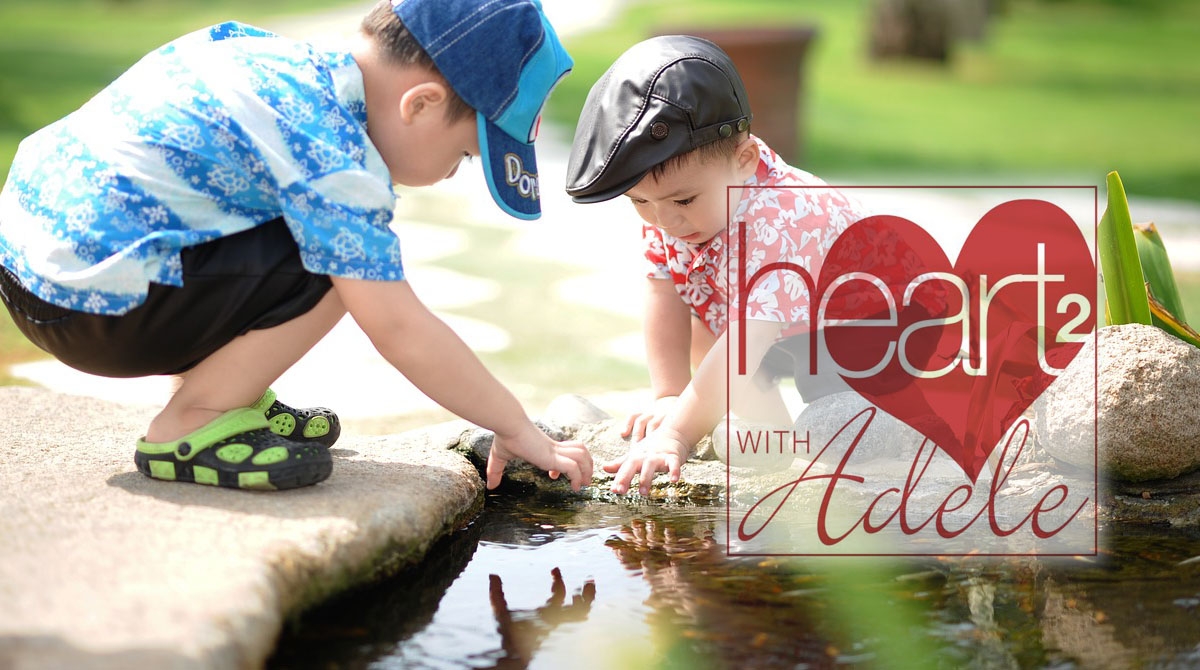
Children’s mental health — dealing with depression
QUESTION
Dear Adele,
We have heard a great deal about the impact of Covid-19 on the mental health of children. What are the signs of depression we should be on the alert for?
Watching
ANSWER
Dear Watching,
According to National Geographic in ‘Your Emotions, The Science of How You Feel’, “Depression is a mood disorder involving distressing emotions, including hopelessness, guilt and feelings of low self-worth, as well as the absence of joy and pleasure.” It is caused by such things as challenging circumstances, emotional trauma, and poverty conditions. Pandemic specific factors contributing to depression include loneliness and isolation, parental stress and poor mental health, child abuse, strained mental health and peer relationships, increased substance use disorders, disruptions in routine and reduced access to care.
Unfortunately, this mental health issue has affected many of our children in the past year and a half. Dr. Allison Escalante, in the Psychology Today article ‘Why kids’ depression goes unnoticed”, says that children are often depressed, but that it may not be noticed by their parents for up to 2 to 3 years. Apparently, in normal times one quarter of children in middle school and high school know someone in their age group experiencing depression and one in 10 know someone who committed suicide. During the pandemic, “parents with children ages 5 to 12, said their children showed elevated symptoms of depression (4 per cent) anxiety (6 per cent) and psychological stress (9 per cent) and experienced overall worsened mental or emotional health (22 per cent).” This was reported by the Kaiser Family Foundation. Given the stresses imposed by the pandemic on our children it would not be surprising that these figures will be much higher when the data is more fully documented by researchers.
Ingela R. Amundson in ‘The challenges of childhood’ identifies some red flags parents should look for. Many are incorporated into the following list.
- a drop in grades
- a change in diet
- sleep problems
- headaches /stomachaches
- fears of isolation
- loss of interest in formally pleasurable activities
- use of drugs and alcohol
- social changes
- misbehavior
- perfectionistic behavior
- irritability, crankiness or anger
- feelings of sadness, hopelessness that lasts most of the day
- sensitivity to rejection
- social withdrawal
- fatigue and low energy
- vocal outbursts or crying
- difficulty concentrating or making decisions
- feelings of guilt or worthlessness
- thoughts of suicide or death
Dr. Escalante says that children’s depression often goes unnoticed because parents often don’t listen very well. They are regularly distracted with the many demands of their lives and may not pick up the cues when a child wants to express feelings to them. Sometimes parents try to fix the problem rather than just offering a listening ear. As well, parents on occasion dismiss children’s feelings as temporary and describe it as a phase, thinking it will pass. Interestingly enough, sometimes parents want to gloss over negative feelings and don’t want to bring them up again in case doing so might trigger the depression once more. Dr. Escalante also believes the children sometimes try to protect their parents, don’t want to add to their difficulties in life, and so do not tell.
A few guidelines from Dr. Escalante on how to know whether your child is depressed follow:
- Keep the lines of communication open so that your children are comfortable in talking to you. Be sure to ask them how they are feeling.
- Welcome conversation about feelings of all kinds both big and small. Get comfortable in sharing your own feelings such as anxiety, annoyance and sadness.
- Be willing to share your own experiences with depression and your knowledge about what help is available.
- Refer your children to mental health professionals who can talk about feelings. Consult them for assistance yourself.
- Help your child identify others who can be trusted to share feelings.
- Connect with the staff at your child’s school and ask them to advise you of any signs of depression they may note.
If you notice any signs of depression in your child you might wonder whether it is time to consult a professional. According to Amundson “the depth of the negative response and how long it lasts” can help you decide if professional help is needed. The National Geographic suggests that sadness for two or more weeks is required for a diagnosis.
Depression, once diagnosed correctly, is treatable. An important predictor of resilience is having an aim in life according to Jonathan Rottenberg, in a 2019 study out of the University of South Florida. Treatments can include lifestyle changes in sleep, diet or exercise, therapy, reduction or elimination of the stressors, meditation and medication.
Hopefully your children have gotten through the pandemic without experiencing depression. Indeed, it has been a tough time for most families. This period has taken a heavy toll on children’s mental health.
I will conclude with a few quotations about depression which provide food for thought:
“Depression is an illness; not a choice.” — serving joyfully.com
“What is depression like?” he whispered “It’s like drowning except you can see everyone around you breathing.” — Unknown
“Depression is the inability to construct a future.” — Rollo May
Sincerely, Adele
I'm looking forward to your questions! Email me at maryadeleblair@gmail.com and please put Heart to Heart in the subject line. Note that all columns will remain anonymous.








